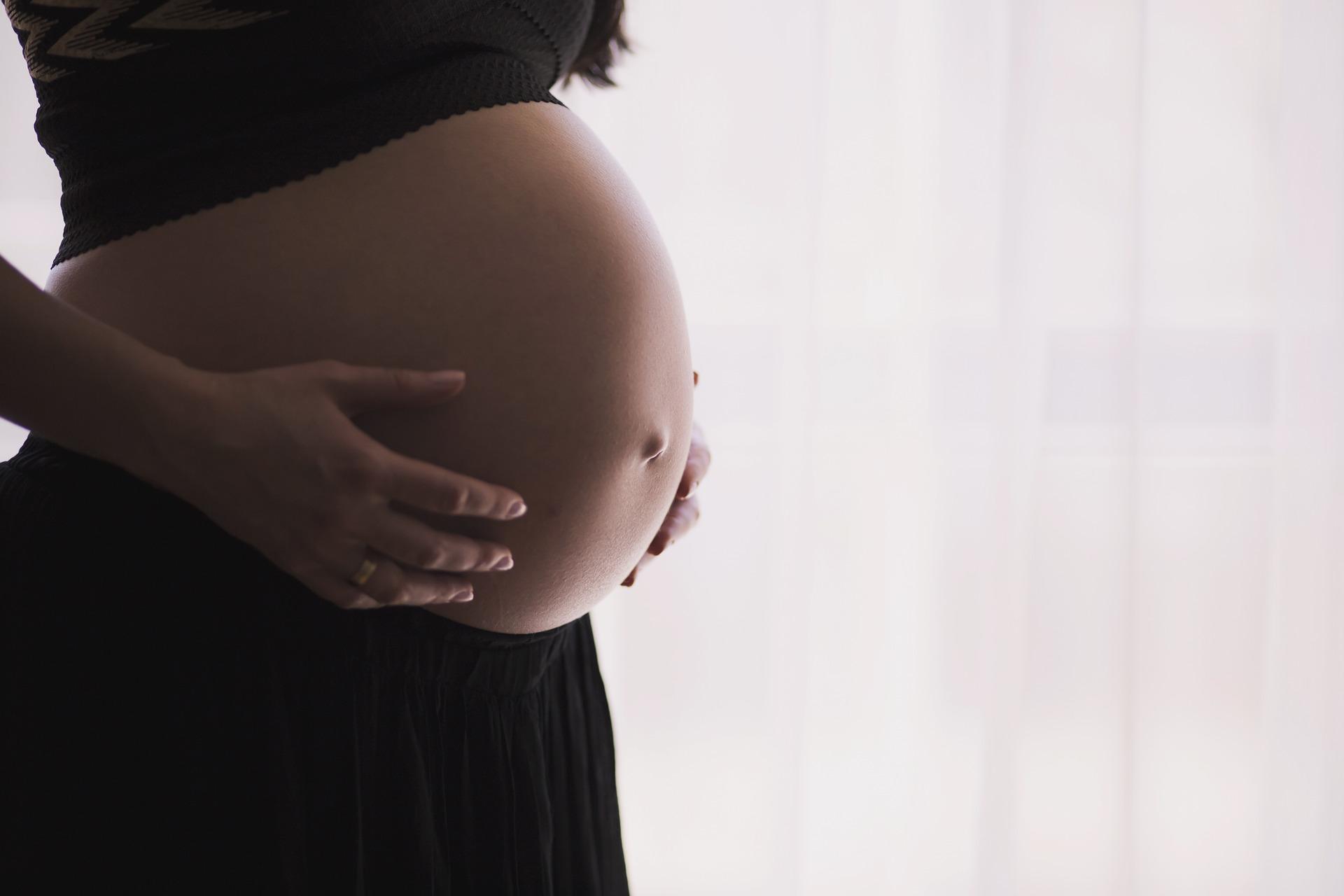Negative impacts of cannabis use during pregnancy

Using cannabis during pregnancy leads to poorer health outcomes for babies
The use of cannabis during pregnancy leads to poorer health outcomes for babies, according to research from the University of Adelaide’s Robinson Research Institute.
Published in the Medical Journal of Australia, the study found that continued use of cannabis at 15 weeks of pregnancy was associated with significantly lower birthweight, head circumference, birth length, and gestational age at birth, as well as with more frequent severe neonatal morbidity or death.
Study leader, Dr Luke Grzeskowiak, from the Robinson Research Institute at the University of Adelaide, says cannabis is the illicit drug most widely used by women of reproductive age in Australia, but the effects of its use during pregnancy on neonatal outcomes were unclear.
"I hope the findings can be used to educate women and health care professionals about the possible harms of cannabis use during pregnancy. This is particularly important given the increasing perception in the community that cannabis is a safe drug."Dr Luke Grzeskowiak, Robinson Research Institute, The University of Adelaide
“In this study, involving researchers from Australia, the UK and New Zealand, we found that continued and high frequency of cannabis use during pregnancy were both associated with significantly poorer neonatal outcomes, independent of tobacco use,” Dr Grzeskowiak said.
“Further, the frequency of severe neonatal morbidity and death was higher for babies of mothers who continued to use cannabis at 15 weeks, which is consistent with the results of a recent American study.
“In contrast, no differences in any neonatal outcomes were seen among women who reported they stopped using cannabis in early pregnancy. This should be reassuring to women who used cannabis before they knew they were pregnant.
“How cannabis might impair neonatal outcomes is unclear, but we know that components of cannabis can cross the placenta and this raises a number of concerns about effects on child health and development.
“In light of these findings, further investigation of the potential long-term effects of cannabis use during pregnancy on child health and development is warranted.”
Dr Grzeskowiak said he hoped the findings could also be used to educate women and health care professionals about the possible harms of cannabis use during pregnancy.
“This is particularly important given the increasing perception in the community that cannabis is a safe drug,” he said.
The research team analysed data from 5610 women, who were both low risk and first time pregnancies, recruited for the Screening for Pregnancy Endpoints (SCOPE) study which ran from November 2004 to February 2011. At 14–16 weeks of pregnancy, women were grouped by self-reported cannabis use.
They found that 314 women (5.6%) reported using cannabis in the three months before pregnancy or during their pregnancy; 97 (31%) stopped using it before and 157 (50%) during the first 15 weeks of pregnancy, while 60 (19%) were still using cannabis at 15 weeks.
Compared with babies of mothers who had never used cannabis, infants of those who still used it at 15 weeks had lower mean values for birthweight, head circumference, birth length, and gestational age at birth. The differences for all outcomes except gestational age were greater for women who used cannabis more than once a week than for those who used it less frequently.
The study was conducted by the University of Adelaide, King’s College in London, University of Auckland, University of Liverpool, University of Manchester and the University of Leeds. It was supported by funding from the National Health and Medical Research Council and The University of Adelaide.
Media Contacts:
Dr Luke Grzeskowiak
Senior Research Fellow, Robinson Research Institute
The University of Adelaide
Mobile: +61 (0)423 554 614
Email: luke.grzeskowiak@adelaide.edu.au
Cathy Parker
University of Adelaide Media
Mobile: +61 (0)409 718 430
Email: cathy.parker@adelaide.edu.au
